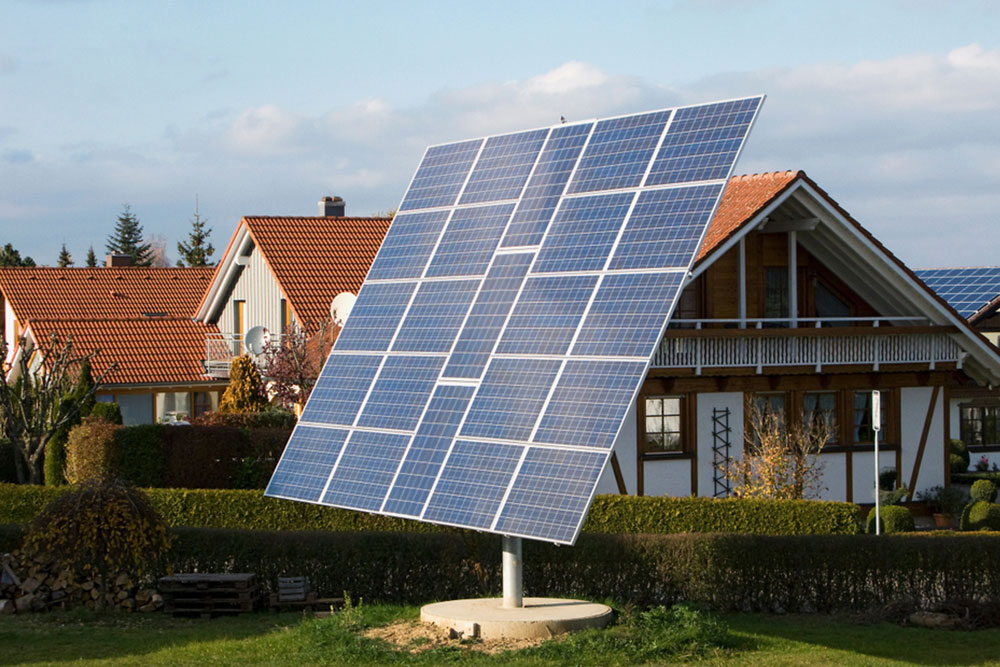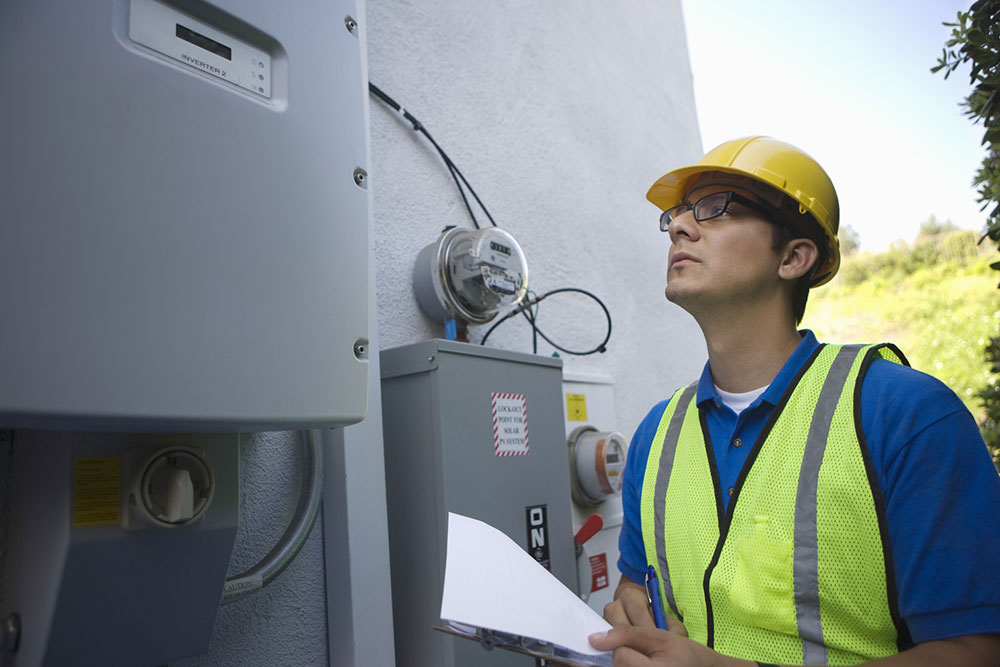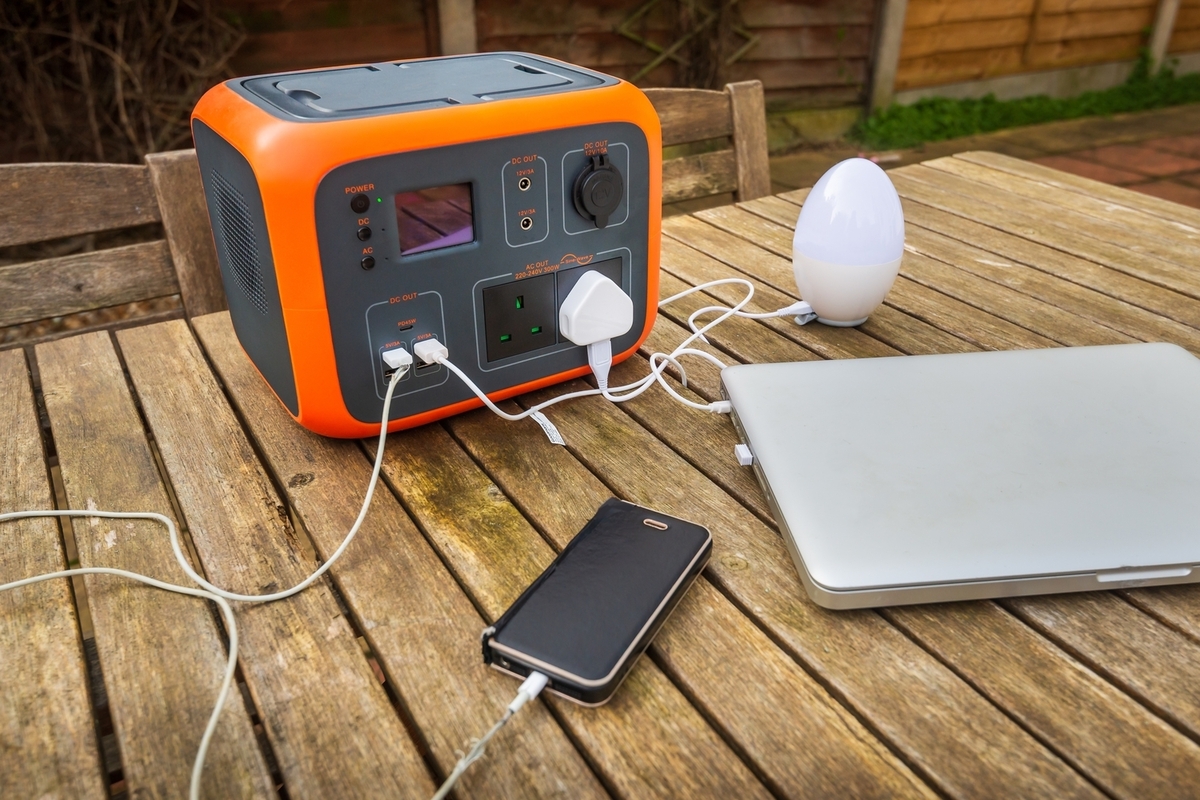Comprehensive Guide to Solar Power: Types, Benefits, and Investment Costs
This comprehensive guide explores solar power technology, covering the different types of solar generators, their key advantages, and the investment costs involved. Learn how solar energy offers a sustainable, cost-effective backup power solution suitable for homes and outdoor activities. Discover the benefits of solar energy, including environmental benefits, long-term savings, and durability. Whether you need portable units for outdoor use or stationary systems for home backup, this article provides valuable insights to help you make informed decisions about adopting solar power technology for a greener future.

Comprehensive Guide to Solar Power: Types, Benefits, and Investment Costs
In an era where energy reliability and environmental conservation are paramount, solar power has emerged as a formidable alternative to traditional energy sources. While conventional generators—often powered by fossil fuels such as natural gas, propane, or diesel—have long been used during power outages or in remote locations, the push towards greener solutions has brought solar energy-powered generators into the spotlight. These eco-friendly alternatives not only provide sustainable backup power but also reduce dependence on polluting fuels, contributing positively to the environment.
Beyond their eco-friendly nature, solar generators are renowned for their durability, cost-effectiveness, and versatility, making them an increasingly popular choice for homeowners, outdoor enthusiasts, and businesses alike. This comprehensive guide explores the various types of solar power systems, their numerous advantages, and the investment costs involved in adopting this clean energy technology.
Understanding Solar Power and Its Mechanisms
Solar power systems operate by converting sunlight into usable electrical energy through the use of photovoltaic (PV) panels. These panels contain semiconductor materials—most commonly silicon—that generate direct current (DC) electricity when exposed to sunlight. The generated electrical energy is then stored in batteries for later use or directly supplied to power various electrical devices.
Unlike traditional generators, which require continuous fuel input, solar generators harness the free, abundant energy of the sun, making them a sustainable and eco-friendly solution. Modern solar systems often incorporate advanced technologies such as lithium-ion batteries for energy storage and high-efficiency PV panels, ensuring improved performance and longer lifespan.
Types of Solar Power Systems
Solar power technology comes in various configurations and sizes, tailored to different needs, whether portable or stationary. The selection depends on factors such as power requirements, mobility needs, space availability, and budget constraints.
Portable Solar Generators: These are compact, lightweight units designed for mobility and outdoor use. They typically include integrated solar panels or allow for solar panel attachments, making them ideal for camping, outdoor adventures, emergencies, and temporary power needs. Portable models vary from small handheld devices capable of powering smartphones and LEDs to larger units that can run small appliances.
Home Backup Solar Systems: These are stationary installations connected directly to a residence's electrical system, offering backup power during outages. They can support either essential appliances or entire households, depending on their size and capacity. Such systems generally include larger solar panels, substantial battery banks, and sometimes grid connection capabilities for hybrid operation.
Advantages of Deploying Solar Generators
The adoption of solar generators provides a multitude of benefits, making them increasingly popular for both individual and community use. Here are some of the most compelling advantages:
Reduction in Energy Costs: Solar generators significantly reduce long-term expenses associated with fuel purchases and maintenance. Although the initial investment might be higher, the operational costs are minimal, leading to substantial savings over their lifespan.
Financial Incentives and Rebates: Many governments and local authorities incentivize renewable energy adoption through rebates, tax credits, and grants, which can offset initial costs. These incentives encourage more consumers to switch to solar power, making it a financially attractive option.
Environmental Sustainability: Solar energy is a clean, renewable resource that produces no harmful emissions during operation. Transitioning to solar power helps reduce greenhouse gas emissions, combat climate change, and promote a healthier environment for future generations.
Durability and Reliability: Modern solar generators are built to withstand various environmental conditions. High-quality solar panels can last over 20 years, and with proper maintenance—like regular cleaning and avoiding deep battery discharges—they remain highly reliable. The simplicity of their design, with fewer moving parts compared to combustion engines, means less frequent repairs and lower maintenance costs.
Investment and Cost Considerations
While solar generators offer numerous benefits, potential users should be aware of the associated costs. The initial investment can vary widely depending on the system's size, capacity, and technological features.
Portable solar units often start at approximately MXN 7,000 when purchased online, with higher-end models offering more power and features. These are suitable for powering small appliances, lights, and electronics during emergencies or outdoor activities. Larger, stationary systems designed for home backup are considerably more expensive, factoring in installation, connecting hardware, and battery capacity. Despite the higher upfront costs, these systems tend to deliver long-term savings by eliminating fuel expenses and reducing maintenance costs.
When planning to install a solar power system, consider factors like your energy needs, space availability, and your budget. Renewable energy subsidies and incentives can also help offset initial costs, making solar solutions more accessible and financially viable. Proper planning and investment can ensure you enjoy the benefits of sustainable, reliable backup power for years to come.





